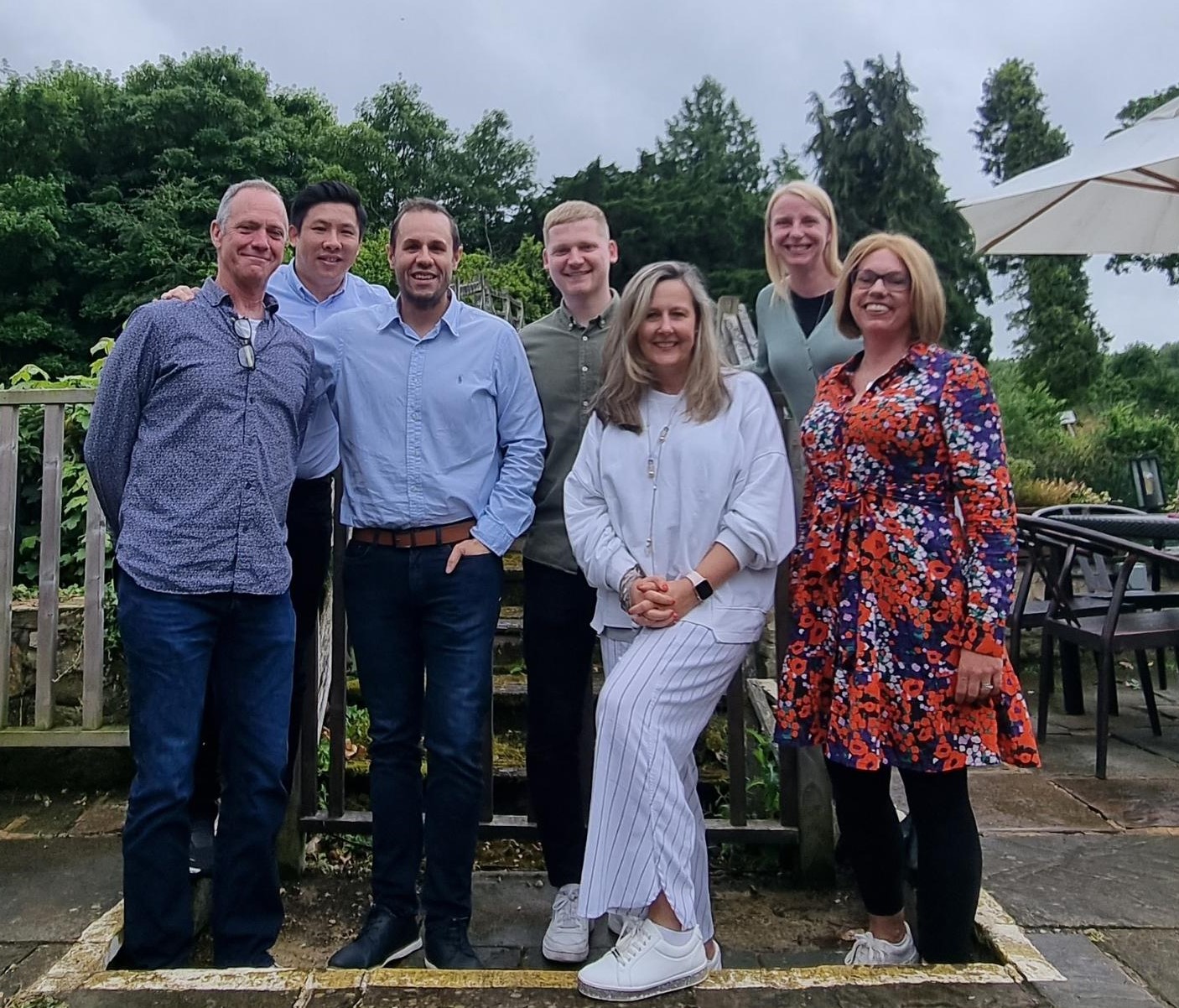Talent development is powerfully enhanced when assessment and coaching are integrated. Assessment alone is a diagnosis with no action while coaching alone may not address the most critical development needs.
Why combine assessment and coaching?
Leadership development is an ongoing process, not a one-off event. Very few of us can change ingrained habits simply by being told what we need to be better at. Productive habits enable us to get more done quickly using our ‘unconscious competence’. Athletes excel at this. They make it look easy thanks to years of repetitive practice. A top professional tennis player needs to react quickly without having to think about it.
This is why routines are so hard to change. Managers who over worry about getting the details right, for instance, won’t become great at empowering team members overnight. Follow up coaching is essential to maintain momentum. Coaches help managers review what they worked on since the last coaching meeting, what went well and what needs further effort. Real, lasting change depends on establishing new habits, which won’t happen without ongoing coaching.
The bottom line is that developmental assessments alone won’t deliver their full impact without follow up coaching to sustain momentum for change.
Why bother with assessment?
No doubt some management development needs are so obvious that a formal assessment isn’t required. But assessment is like taking inventory. Doing only ad hoc inventory checks might reveal obviously missing items but overlook other critical shortages.
A well-conducted assessment is both more credible and more motivational because it encourages participants to take action. If it is only a colleague or boss telling you to work on something, it is easy to discount their feedback as biased.
A study conducted by Chris Argyris of learning in a large consulting firm showed how difficult it is to learn from mistakes. He found that many employees tend to make excuses for failures, to blame circumstances or point the finger at colleagues. This is understandable. We all want to look good, to appear to know what we are doing. Take politicians for example. When was the last time you heard one admitting to getting it wrong?
Thus it is too easy to dismiss informal or ad hoc feedback. A formal assessment has a greater chance of encouraging participants to stop and take stock more fully. Studies have shown that we often overrate our strengths, crediting our skills for our successes whilst attributing colleague successes to luck. The opposite bias is also common – over emphasising our failures and discounting our strengths and achievements. Either way, objective self-perception is not easy.
A rounded assessment process is like looking in a mirror, really taking a hard look, not just a cursory glance to see if our hair is in place. An effective assessment is strategic; it focuses on competencies that are most critical for success at a target level or position.
A structured self-assessment can add value too, asking participants to rate themselves on the core competencies in advance of the formal assessment process. This pre-work helps the person giving feedback to see whether participants over rate themselves or give themselves unrealistically low ratings.
To facilitate objective self-ratings, it helps to include positive and negative behavioural descriptions of each competency. Otherwise, people just guess or apply their own understanding of what it takes to exhibit a particular competency.
Post assessment follow up
Assessment feedback must include what happens next. Participants should be engaged in creating their own development plans to foster genuine ownership.
Self-awareness is only the first step in personal growth. You can practice new habits by trying something new, such as delegating a task to team members that you normally do yourself. Coaching for better listening or influencing can include role-playing with immediate feedback and supportive coaching.
Combining assessment and coaching generates a more practical focus. Personal development plans can be vague. Coaching pushes us to focus on what we will actually do differently every day. The result is a much greater chance of real development.





















